|
FWW Alert -
Oregon's New Corporate Activity Tax
|
|
|

On May 16, 2019, Governor Kate Brown signed House Bill 3427. This law adopts a new Corporate Activity Tax ("CAT") system. The CAT is imposed on persons with "taxable commercial activity" in excess of $1 million and with a "substantial nexus" to Oregon.
The bill broadly defines a "person" to include, for example, individuals, combinations of individuals of any form, trusts, estates, partnerships, limited liability companies, corporations (S and C), entities that are disregarded for federal income tax purposes, and any other entities.
The tax is equal to $250 plus 0.57% of "taxable commercial activity" in excess of $1 million for the calendar year. The "taxable commercial activity" is reduced by 35% of the greater of the amount of cost inputs (cost of goods as calculated in arriving at federal taxable income under the Internal Revenue Code) or labor costs (total compensation of all employees, not including compensation paid to any employee in excess of $500,000). The CAT is in addition to Oregon's current corporate income tax and goes into effect for tax years beginning on or after January 1, 2020.
Calculating the CAT
The Oregon Department of Revenue ("DOR") has provided two examples of how to calculate CAT liability. A person who has "taxable commercial activity" in excess of $1 million and has a "substantial nexus" to Oregon, as those terms are defined below, can calculate the CAT liability by using the tool found here:
In addition, the DOR has provided that a business may include the CAT with other business expenses when setting the total price charged to customers. This may lead to estimated CAT charges to be itemized on customer invoices. The total price charged (including any amount estimated to be attributable to the CAT) is included in the commercial activity of the business imposing the charge, however.
Taxable Commercial Activity
Taxable commercial activity is the total amount realized from transactions and activity in the regular course of trade or business, sourced to Oregon, without deduction for expenses incurred by the trade or business. Such amounts are sourced from Oregon when they result from:
- The sale, rental, lease, or license of real property located in Oregon.
- The rental, lease, or license of tangible personal property located in Oregon.
- The sale of tangible personal property delivered to a purchaser in Oregon.
- The sale of a service, delivered to a location in Oregon.
- The sale, rental, lease, or license of intangible property used in Oregon.
Notably, the bill provides numerous exceptions to commercial activity and separately defines the commercial activity of financial institutions and insurers.
Substantial Nexus with Oregon
A person has a substantial nexus with Oregon if the person:
- Owns or uses a part or all of its capital in Oregon.
- Holds a certificate of existence or authorization issued by the Secretary of State authorizing the person to do business in Oregon.
- Has bright-line presence (as that term is used in House Bill 3427) in Oregon, meaning that the person:
- Owns property in Oregon with an aggregate value of at least $50,000 (valued at original cost, or rented property valued at eight times the net annual rental charge);
- Has payroll in Oregon of at least $50,000;
- Has commercial activity sourced to Oregon of at least $750,000;
- Has at least 25% of the person's total property, total payroll or total commercial activity in Oregon; or
- Is a resident of Oregon or is domiciled in Oregon.
- Otherwise has nexus with Oregon to an extent that the person can be required to remit the CAT.
Registration and Filing
Annual returns are to be filed no later than April 15 of each year and estimated tax payments are due on or before the last day of January, April, July, and October of each year for the previous calendar quarter. A DOR temporary rule specifies that every person required to file a CAT return and expecting to have a tax liability of $5,000 or more (which corresponds to taxable commercial activity equal to $1,833,245) must make estimated payments. Estimated payments are required regardless of when a taxpayer exceeds $1 million of taxable commercial activity. The temporary rules also provide an explanation of how to calculate estimated payments.
In addition, any person with commercial activity exceeding $750,000 must register with the DOR. Persons who compose a unitary group must register and file and pay the tax as a single taxpayer based on the commercial activity of all members of the group, if at least one member of the unitary group has substantial nexus with Oregon. The temporary rules also provide guidance for determining whether a group of persons is engaged in a unitary business.
Next Steps
The DOR issued the temporary rules mentioned above in January 2020. The DOR issued another set of temporary rules in February 2020 and will issue one more set in March 2020. Temporary rules can be in effect for only 180 days. The DOR will begin the permanent rulemaking process on April 1, 2020. So far, other topics covered by the temporary rules include guidance on determining whether a person has a substantial nexus with Oregon, whether different types of property brought into Oregon are included in taxable commercial activity, and methods to determine the amount of purchased property sold out of state. The rules also expand on exclusions for retail and wholesale sales of groceries and clarify documentation required for a resale certificate pursuant to an exclusion for the sale or transfer of a motor vehicle between dealers. In addition, the rules provide a definition for
the term "agent" for purposes of determining what an agent may exclude in its commercial activity. Finally, the temporary rules provide a process
for obtaining a filing extension. You can stay up to date by subscribing to the CAT mailing list here:
Please feel free to contact us with questions or for guidance at 503.228.6044 or at any of the email addresses below.
|
|
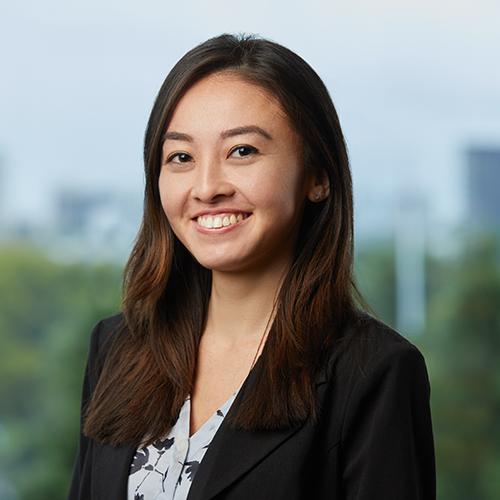
|
Megan Oshiro
supports the firm's business, estate and succession planning, financial services and real estate practices. Megan's internship at Willamette's Business Law Clinic, Oregon DOJ in the Financial Fraud and Consumer Protection Section, and externship with the Adidas in-house counsel in Portland bring excellent skills and working knowledge to her practice.
|
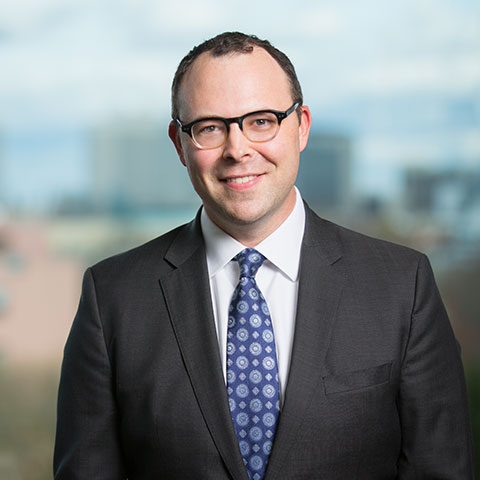 |
Brian Jolly
's
law practice focuses on corporate and general business matters, as well as estate and succession planning. With more than a decade of experience representing families, closely-held businesses, and non profit organizations, Brian brings considerable working knowledge in the areas of business formation, mergers and acquisitions, and internal and external disputes in a multitude of business and estate planning matters. Brian is a member-at-large on the Executive Committee for the Business Law Section of the Oregon State Bar.
|
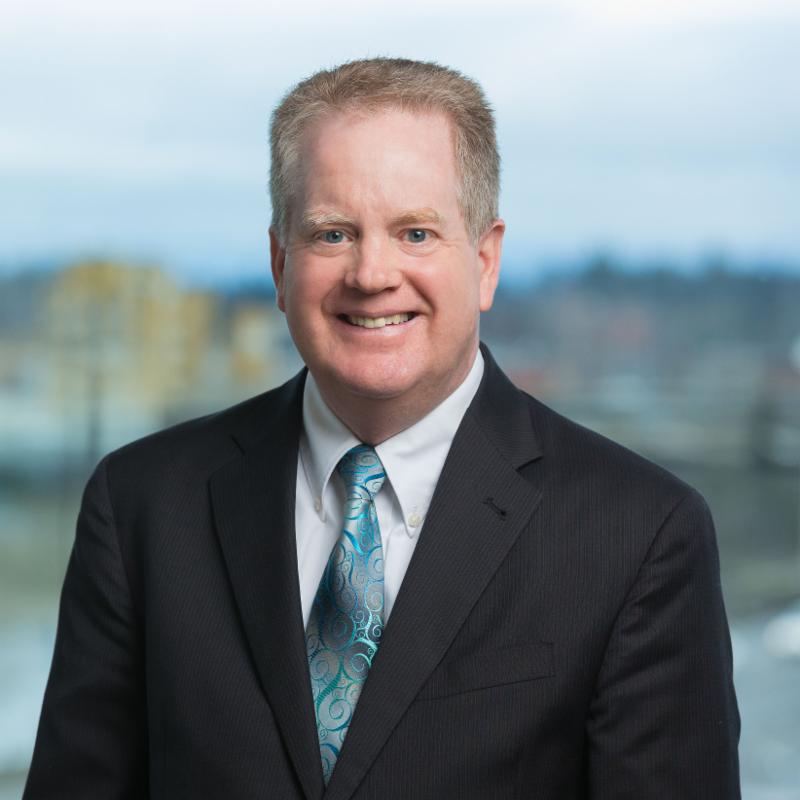 |
Dean Sandow
assists business owners, executives, professionals, families, family enterprises, and individuals plan for all stages of business and life, with an emphasis on creative use of entities, trusts, and planning techniques to maximize efficiency and tax savings and minimize administration. With a keen understanding of entity structure and management, Dean creates plans to enhance and manage assets for the client and for next generation or beyond. Dean was selected by his peers for inclusion in the Best Lawyers in America® 2018-2019 for Trusts and Estates and 2019 for Corporate Law.
|
 |
David Ludwig
has more than 35 years of experience handling complicated business and financial matters. He represents small- and mid-sized companies and financial institutions in business transactions, corporate finance, commercial lending, and real estate matters. David recently served on the executive committee of the Business Law Section of the Oregon State Bar. He was by his peers for inclusion in the Best Lawyers in America® 2019-2020 for Business Organizations (including LLCs and Partnerships).
|
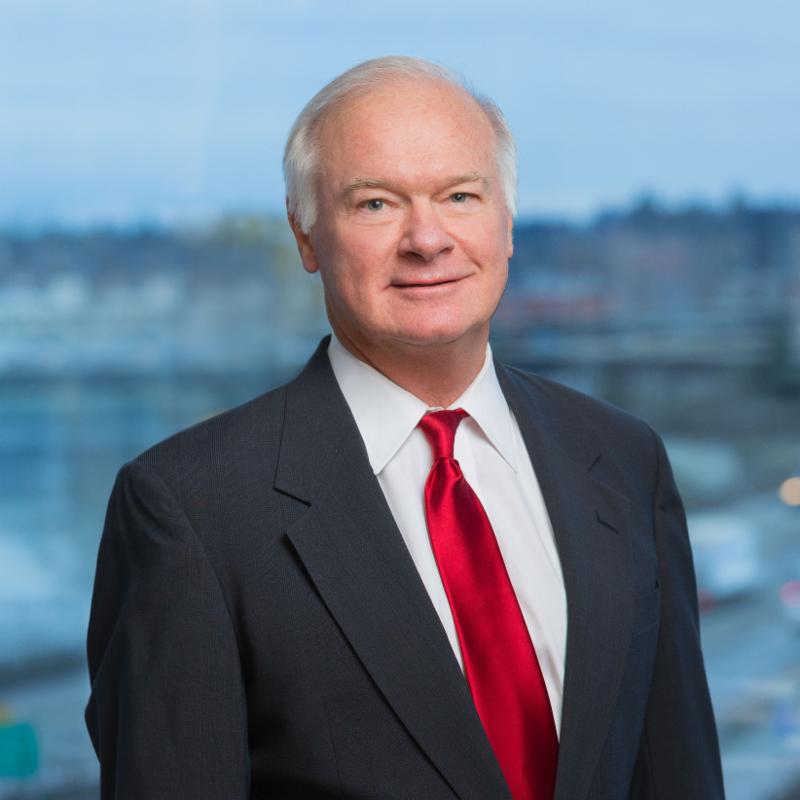 |
Steve Bennett
handles entity formation, business succession, governance, and dispositions for businesses. He has substantial experience negotiating and drafting complex contracts in a variety of business settings. Steve emphasizes keeping the deal on track and moving forward. He represents both buyers and sellers in sales, mergers, acquisitions, and stock transfers.
Steve also has a diverse estate planning and real estate practice.
|

|
Paul Migchelbrink
maintains a diverse business practice advising clients in a number of industries on corporate and general business matters, real estate, intellectual property, commercial finance, and lending. He utilizes his broad and extensive experience to help his clients make sound strategic decisions and grow their businesses.
Paul advises clients on matters throughout the business life cycle, including the formation and financing of new business ventures, ownership and ownership transitions, mergers and acquisitions, equity and debt financing, business contracts, and the protection of trademarks and other intellectual property rights. Paul was selected by his peers for inclusion in the Best Lawyers in America® 2020 for Corporate Law.
Contact Paul at 503.228.6044 or pmigchelbrink@fwwlaw.com
|
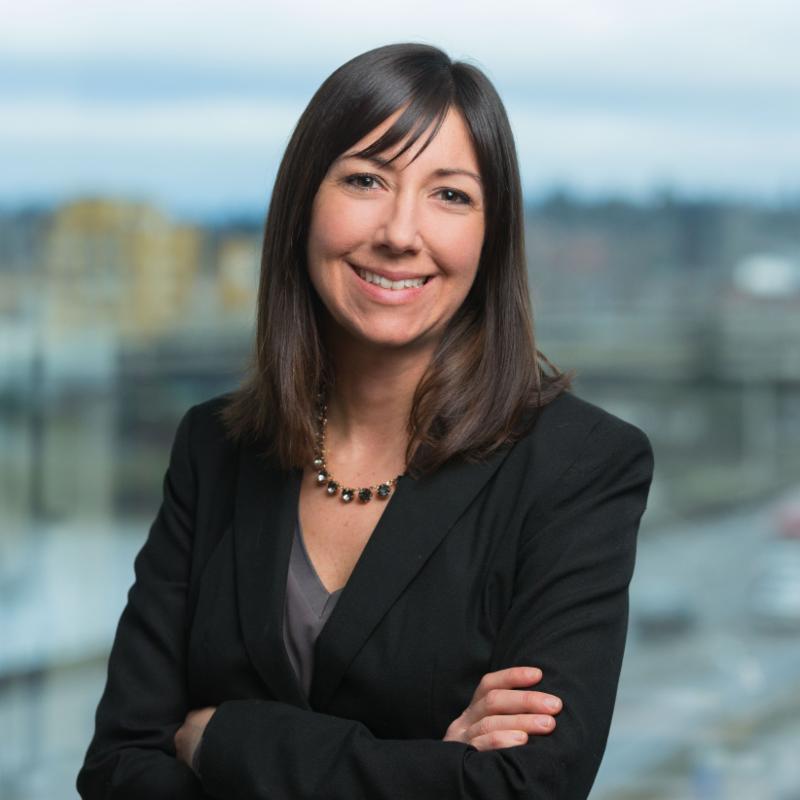
|
Melissa Chapman
practices in a variety of areas including business, estate planning and administration, commercial and estate litigation, and real estate law. She is a skilled communicator and advocate for her clients, providing sound and practical guidance at each stage of the case.
Melissa has been selected by her peers to the Oregon Rising Stars list for six straight years (2014-2019) in the primary area of Business Litigation.
|
|
|